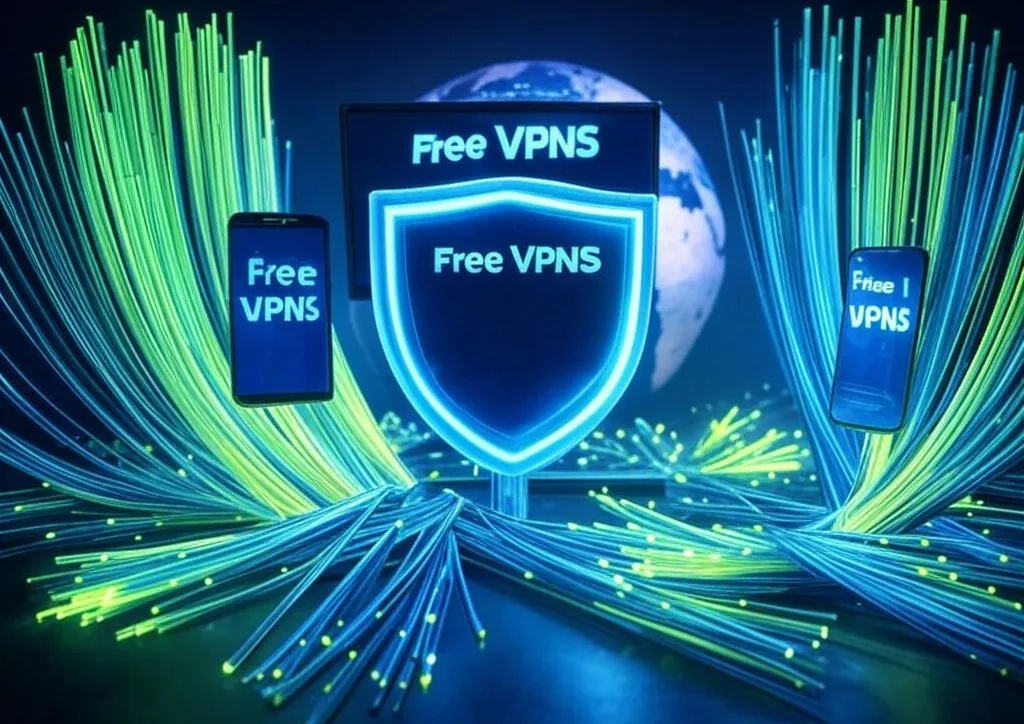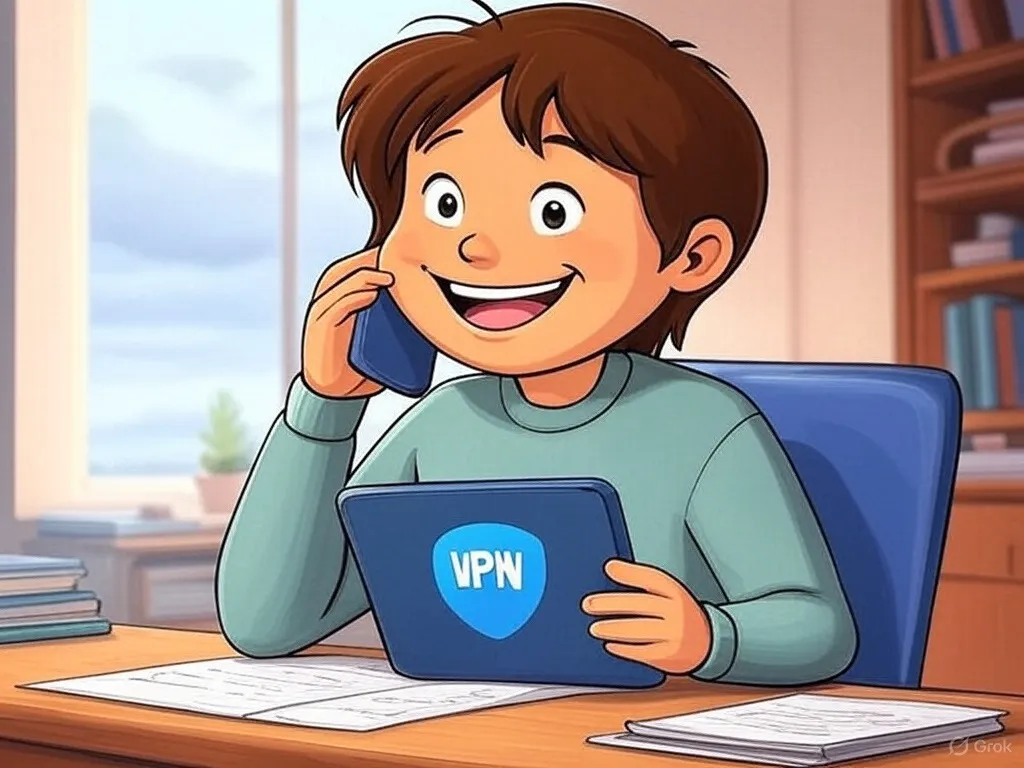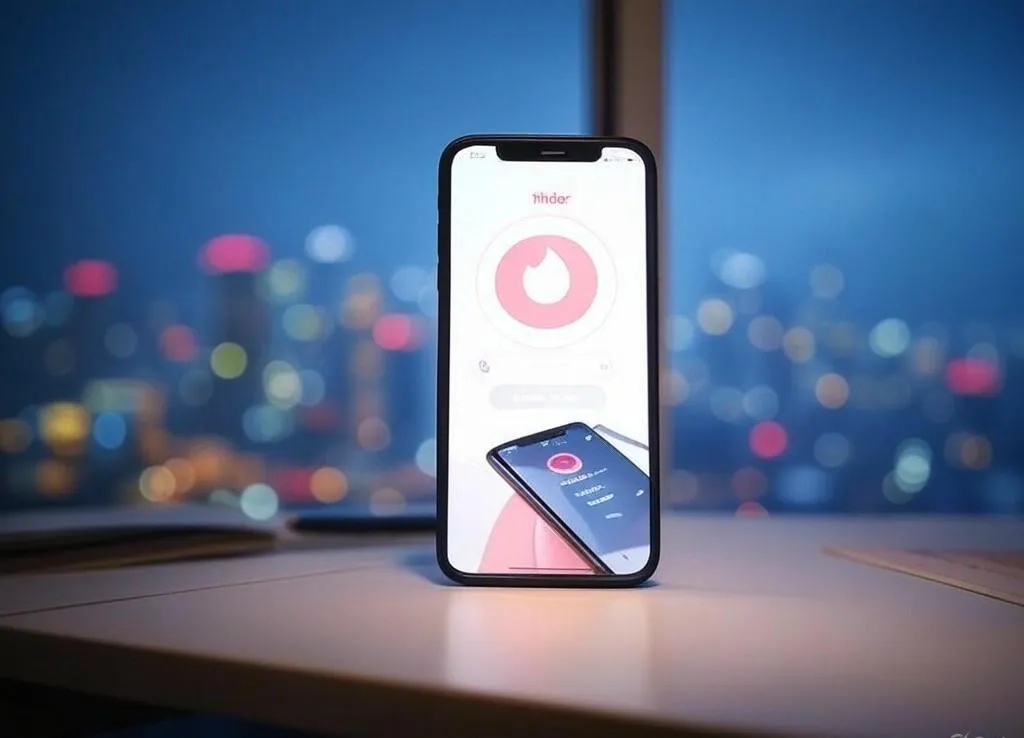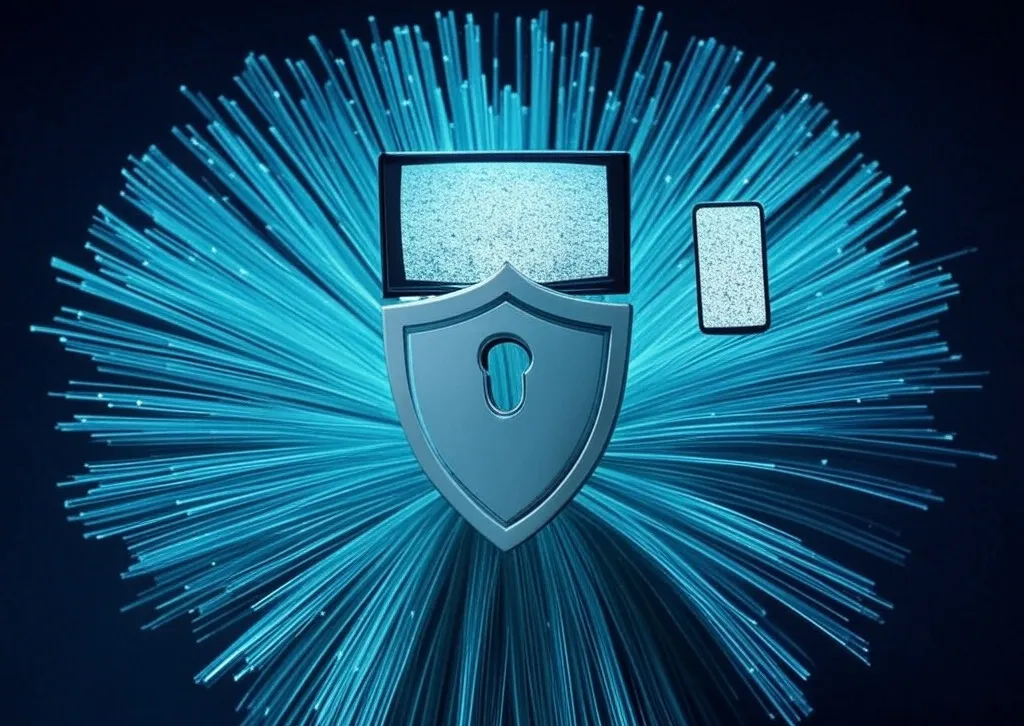Are free VPN worth it in 2025?
Pros, Cons, and Hidden Risks in 2025
Free VPNs promise privacy and access without a price tag but are they too good to be true? Let’s dive into the benefits, drawbacks, and risks of using free VPNs in 2025, and see how they stack up against paid options.
What Are Free VPNs?
Free VPNs are services that offer basic VPN functionality at no cost. Popular names include ProtonVPN Free, Windscribe Free, and TunnelBear Free. But as the saying goes, “If it’s free, you’re the product.”
The Pros
- No Cost: Perfect for occasional use or testing VPNs.
- Basic Privacy: Some (like ProtonVPN Free) encrypt your connection.
- Access: May unblock simple geo-restrictions (e.g., regional YouTube).
The Cons
- Slow Speeds: Often capped at 10-100 Mbps—forget 4K streaming.
- Data Limits: 500 MB to 10 GB/month (Windscribe, TunnelBear)—not enough for heavy use.
- Few Servers: Limited locations mean less flexibility.
Hidden Risks
Not all free VPNs are safe. Studies (e.g., CSIRO 2023) found:
- Data Logging: Many track and sell your browsing habits.
- Ads: Intrusive pop-ups or adware in apps like SuperVPN.
- Security Flaws: Weak encryption or leaks (IP/DNS) expose your data.
Free vs Paid: A Quick Comparison
| Aspect | Free VPNs | Paid VPNs (e.g., Surfshark) |
|---|---|---|
| Cost | $0 | $2.19/month |
| Speed | 10-100 Mbps | Up to 950 Mbps |
| Data | Limited (e.g., 10 GB) | Unlimited |
| Privacy | Risky (some log data) | No-logs audited |
Our Verdict
Free VPNs are fine for casual browsing, but for streaming, gaming, or serious privacy, they fall short. A budget-friendly paid VPN like Surfshark ($2.19/month) offers far more value. Compare top options in our NordVPN vs Surfshark guide.






